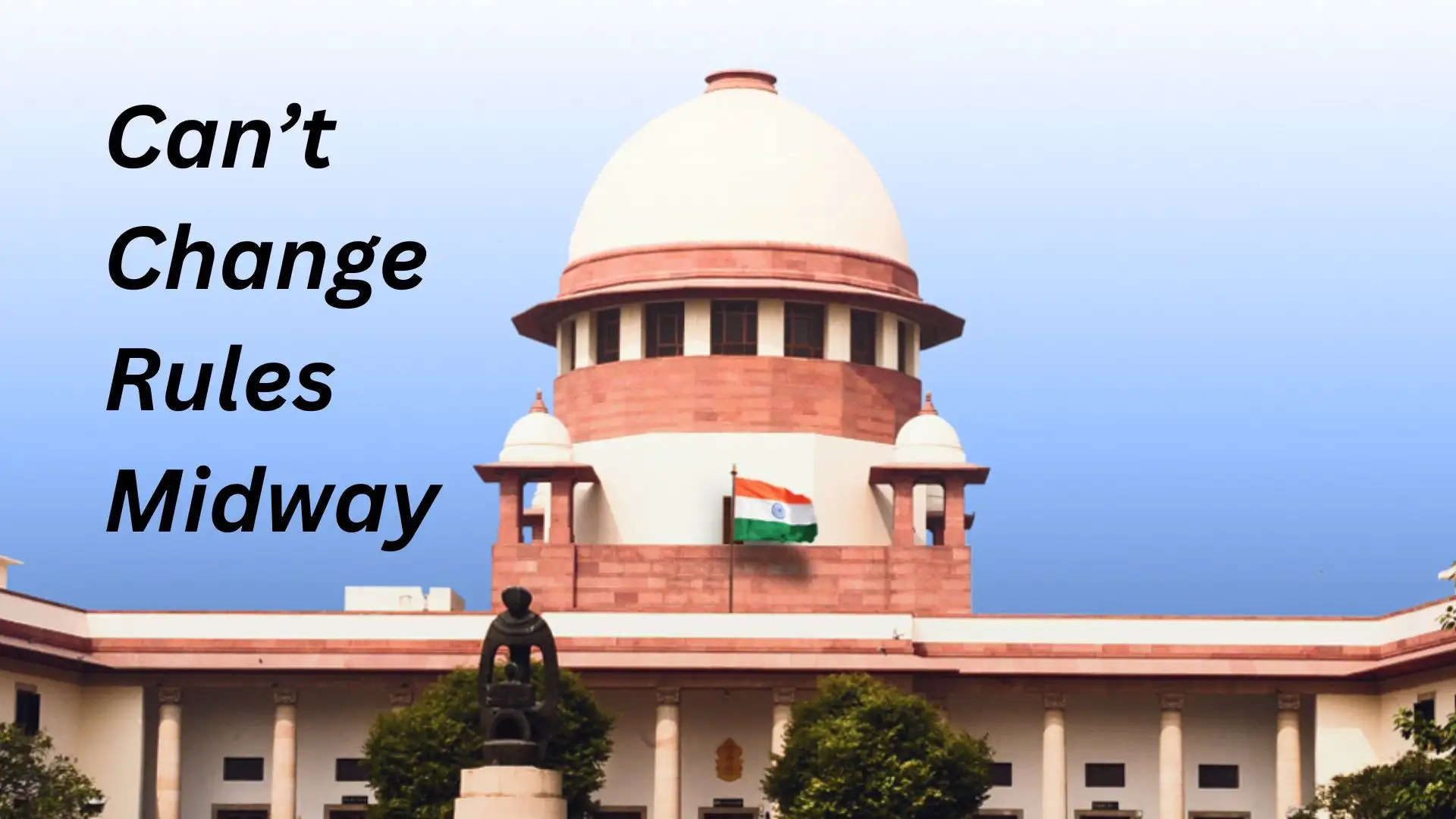Supreme Court: Don’t Change Criteria for Govt. Job Recruitment Midway
The ruling pertains to a long-running Tej Prakash Pathak v. Rajasthan High Court recruitment matter in the Rajasthan High Court in 2013 which impacted 18 candidates
November 8, 2024 - The Constitution Bench of the Supreme Court, comprising five judges, delivered an important verdict yesterday, ruling that the eligibility criteria for government job recruitments cannot be changed once the recruitment process has begun. The recruitment process must be transparent and non-discriminatory. Candidates should not be confused or harassed by changes in the rules midway.
The bench, led by Chief Justice of India D Y Chandrachud along with Justices Rishikesh Roy, P. S. Narasimha, Pankaj Mithal and Manoj Mishra, emphasised that the selection criteria should not be arbitrary but must be in accordance with Article 14 of the Constitution. Once the recruitment process for government positions begins, the "rules of the game" (eligibility criteria) cannot be changed unless the rulebooks explicitly allow for it.
The bench referred to the Supreme Court's 1973 decision in the Haryana State vs. Subhash Chandra Marwaha case, as well as the 2008 Manjushree case involving the State of Andhra Pradesh.
In the Manjushree case, the Court had maintained that the rules of the recruitment process cannot be changed midway. The Marwaha case ruling pointed out that candidates who have achieved the minimum required marks in a public service examination do not have an absolute right to selection. The SC added that the government can set higher standards for eligibility by increasing the required minimum marks in order to maintain quality.
The ruling pertains to a long-running recruitment exam matter in the Rajasthan High Court in 2013. The case, Tej Prakash Pathak v. Rajasthan High Court, focussed on whether the rules of the “game” (the recruitment process) can be altered after its process has begun. The petitioners argued that altering eligibility criteria after the recruitment process had started is fundamentally unfair to candidates.
A total of 21 candidates had appeared for the exam being held for 13 translators' posts. Candidates were told in the initial notification that there would be no extra qualifying requirements and that selection would consist of a written exam and interview. However, after the exam, the Chief Justice of the High Court ordered that only those who scored at least 75% marks should be selected. The notification for the recruitment had not mentioned the 75% marks criterion. When the revised criterion was applied, only three were selected.
The unsuccessful candidates filed a petition in the Supreme Court after their writ petition was dismissed by the High Court. Their argument was that imposing the 75% marks criterion was akin to changing the rules of the game after the game had ended.
During the hearing last year, a three-judge bench led by Justice R.M. Lodha (now retired) ruled that if the Manjushree decision was strictly applied, then the Rajasthan High Court would be bound to recruit not just three, but all 13 candidates.
Later, the case was referred to a Constitutional Bench.
To join us on Facebook Click Here and Subscribe to UdaipurTimes Broadcast channels on GoogleNews | Telegram | Signal



